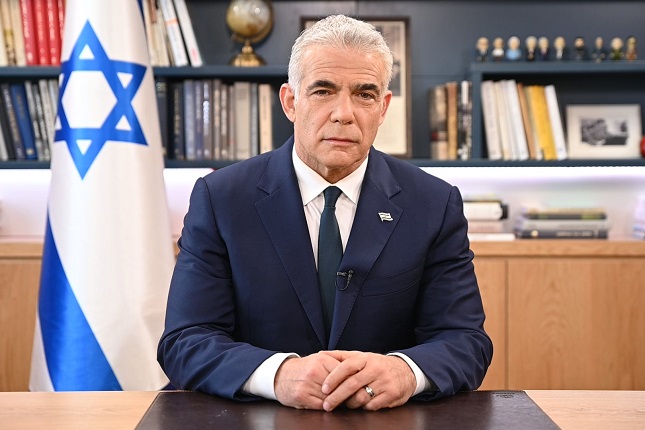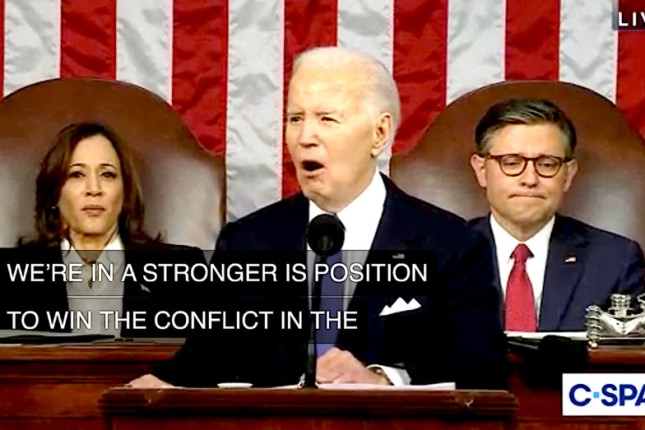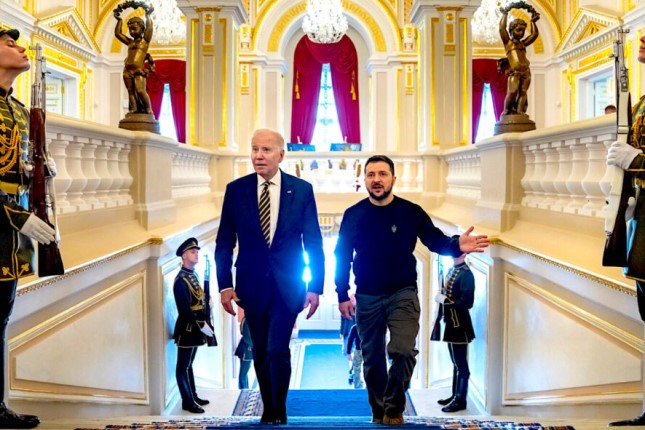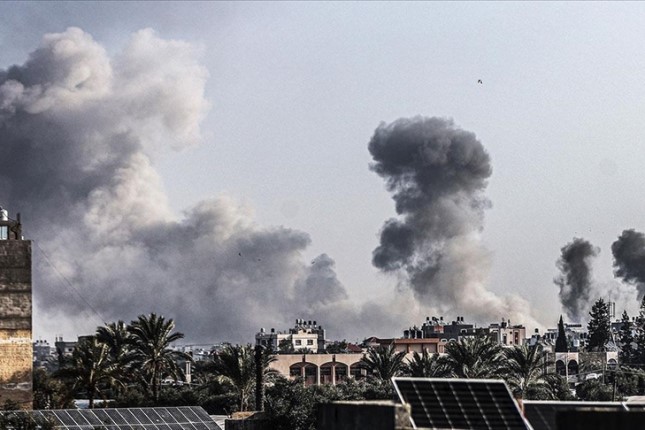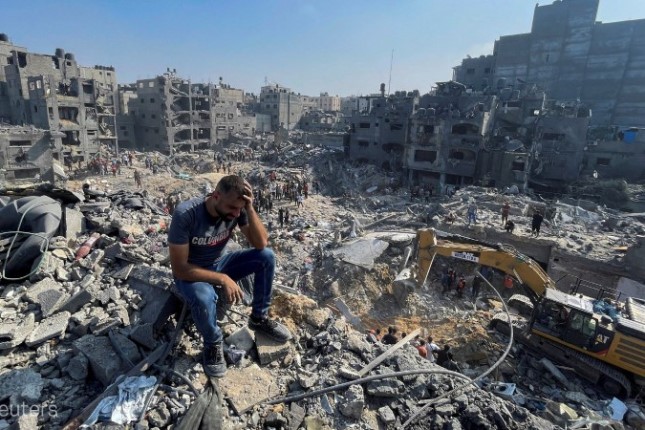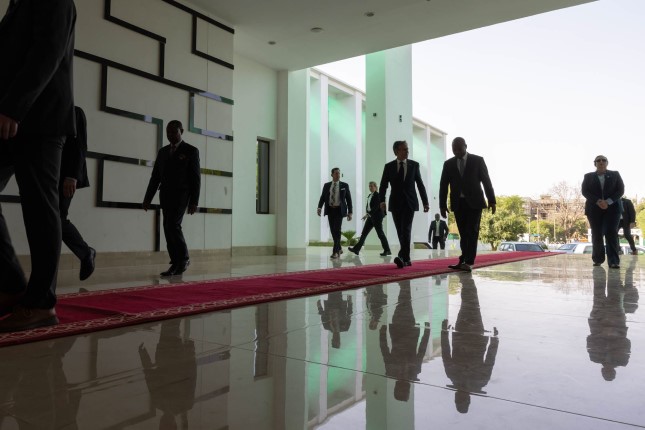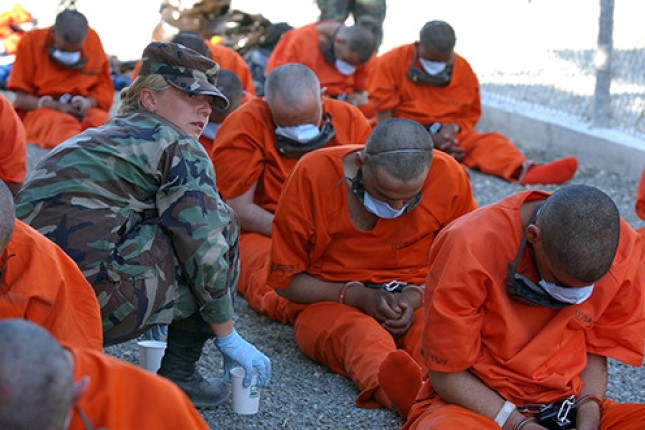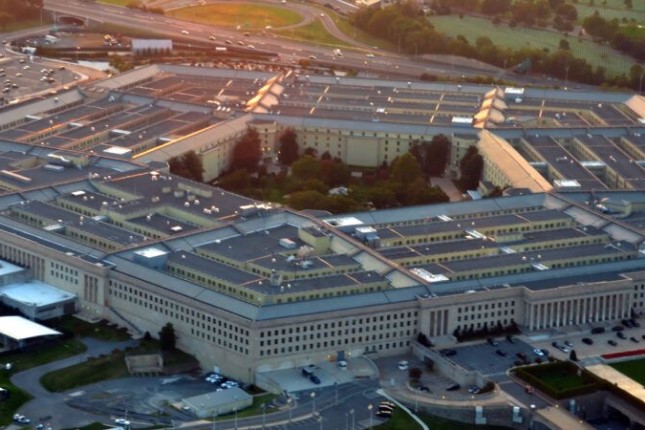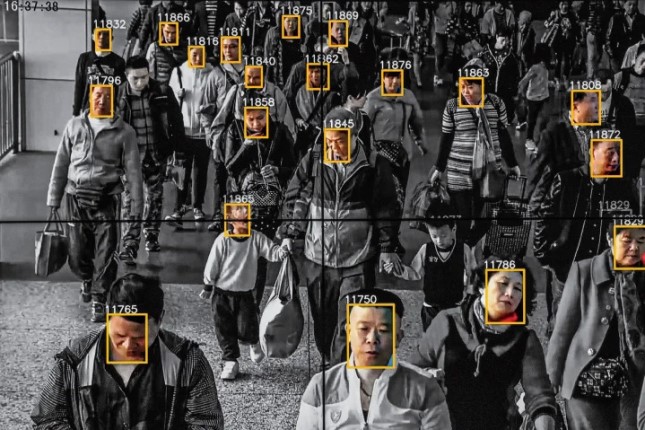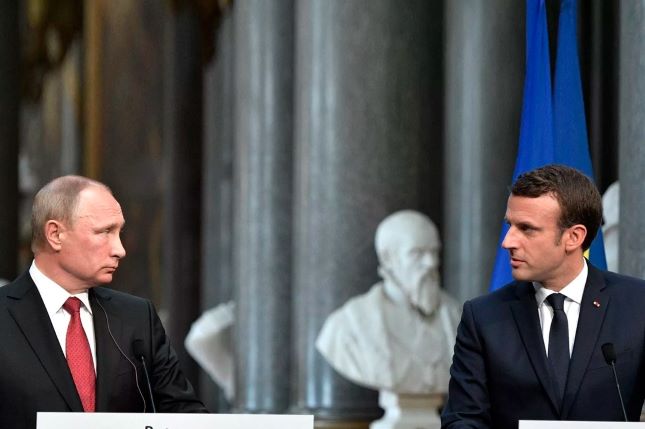Unlike many states in the notional West, which condemned the Kremlin from the first days of the military confrontation with Ukraine, Israel criticised Moscow only on April 5. Condemnation was made by Yair Lapid, Foreign Minister, not Naftali Bennett, the head of government. For a long time after February 24, Bennet was cautious when assessing the Russian-Ukrainian confrontation. He visited Russia, talked to Putin, and offered his help as a mediator to resolve the conflict. Kremlin was blatantly indifferent to his proposal.
Today, the Israeli Prime Minister has other concerns. Another political crisis came to a head in Israel. The coalition government does not have a majority in the Knesset. It looks like an early parliamentary election awaits the country.
At the same time, public opinion polls show that country's civil society sympathises with Ukraine. Average citizens and civil society organisations have arranged humanitarian aid to Ukraine.
Many Israeli politicians explain their emphatical neutrality to the confrontation between Russia and Ukraine as Ukraine has often voted against Israel during the United Nations' consideration of the Israeli-Palestinian conflict. They are also irritated by the not entirely diplomatic remarks of Ukraine's ambassador Yevgen Korniychuk. His appointment was not the best move by the Ukrainian Foreign Ministry.
UN Watch, a non-governmental organisation which monitors United Nations votes on issues related to Israel, has tweeted a message to Ukrainian Ambassador: "Dear Ambassador Yevgen Korniychuk: Last year Hamas terrorists fired 4,000 rockets at Israeli civilians. When the United Nations adopts Palestinian-sponsored resolutions that condemn Israel for defending itself, why does Ukraine vote for 78% of them?"
Israel is unlikely to remain in an above-the-fray position since the US has been and remains Jerusalem's main strategic ally. It is especially considering that US President Biden will soon visit Israel.
The White House is aware of Israel's ambivalence towards the Russian presence in the border region of Syria and that Hamas, Hezbollah and parts of the Iranian IRGC may voluntarily escalate their terrorist activities, igniting another regional war.
Nowadays, Ukraine acts cold toward Naftali Bennett's candidacy to mediate the armed conflict resolution. At the same time, the Russian Federation remembers that Israel voted at the United Nations General Assembly to suspend Russia from the United Nations Human Rights Council. The Kremlin has often shown its willingness to harden its position in relations with Israel. Moscow has condemned Yair Lapid's pro-Ukrainian speech, stated the oppression of Orthodox Christians in Jerusalem, and harshly criticised the bombing of Islamist bases and IRGC forces in Syria.
Israeli TV reported that the Kremlin drafted a UN Security Council resolution condemning Israel for its recent airstrike at Damascus airport.
The Russian draft says Israel is undermining stability in the region.
It is unlikely that the resolution will pass, but many Western analysts believe this signals deterioration in Russian-Israeli relations. The Kremlin appealed to the United Nations and summoned Alexander Ben Zvi, the Israeli ambassador to Russia, to the Foreign Ministry for an explanation. Deputy Minister Mikhail Bogdanov protested to the ambassador about Israel's vote at the United Nations meeting to remove Russia from the Human Rights Council. Bogdanov said Israel had joined the discussion to distract the world community from its actions in Syria and against the Palestinians.
"Since the beginning of the armed conflict between Russia and Ukraine, the Russian Federation has been increasingly critical of Israel," says Zvi Magen, Israel's ambassador to Ukraine (1993-1997) and Russia (1998-1999). "I think it is an attempt to ignite another crisis in the Middle East. The aim is to divert the attention of the world community from the events in Ukraine."
The Kremlin recently followed Ursula von der Leyen and the Egyptian and Israeli ministers’ meeting. At the meeting, it was decided to transport Israeli natural gas to Egyptian plants, from where the liquefied gas would be shipped to Europe.
Tamir Pardo, the former Director of the Mossad (2011-16), believes that Naftali Bennett, the head of the Israeli government, has sacrificed moral principles for political interests. The former head of the intelligence agency says that Bennet's government has never developed a clear position on the events in Ukraine, trying to have it both ways.
"Does the government realise that it will still have to regret its attitude towards this war?" asks Pardo in his report "Ukraine as an example" at the Herzliya conference. Tamir Pardo said that while Western countries were imposing sanctions on Russia, the government was trying to have it both ways while hiding national security interests. "Prime Minister Naftali Bennett decided that through his ties with Putin, he could play the role of mediator, from which Israel would only benefit. Neither the tough US stance nor the scary reports from Ukraine have influenced the government's policy. As for the opposition, it is as if it slept through the war. The events in Ukraine were not discussed in the Knesset. It was as if our ministers were trying to skip between the raindrops talking about the interests of national security." Summing up, Tamir Pardo urged the Israeli government to consider its agreements with Russia and its relations with the US and NATO.
All the details mentioned make it doubtful that Israel's political leaders can play a serious mediating role in resolving the Russian-Ukrainian confrontation.
